Thursday, April 11, 2019
Maths
What we did with Mr tisch he tort us how to round up number to the nearest 10 100 1000. For example 52 if the 2 is under 5 then it will be 50 but if it above 5 then it will be 60. Heres another example 210 see how the the 1 is under 5 and the 0 is under 5 then it will be 200 because the numbers 1 and 0 are under 5 so we take them off.
Tuesday, April 9, 2019
Science
Name
Chemical
Image
Solid/Liquid/Gas
Lemon Juice
Citric Acid

Liquid
Salt
Sodium Chloride
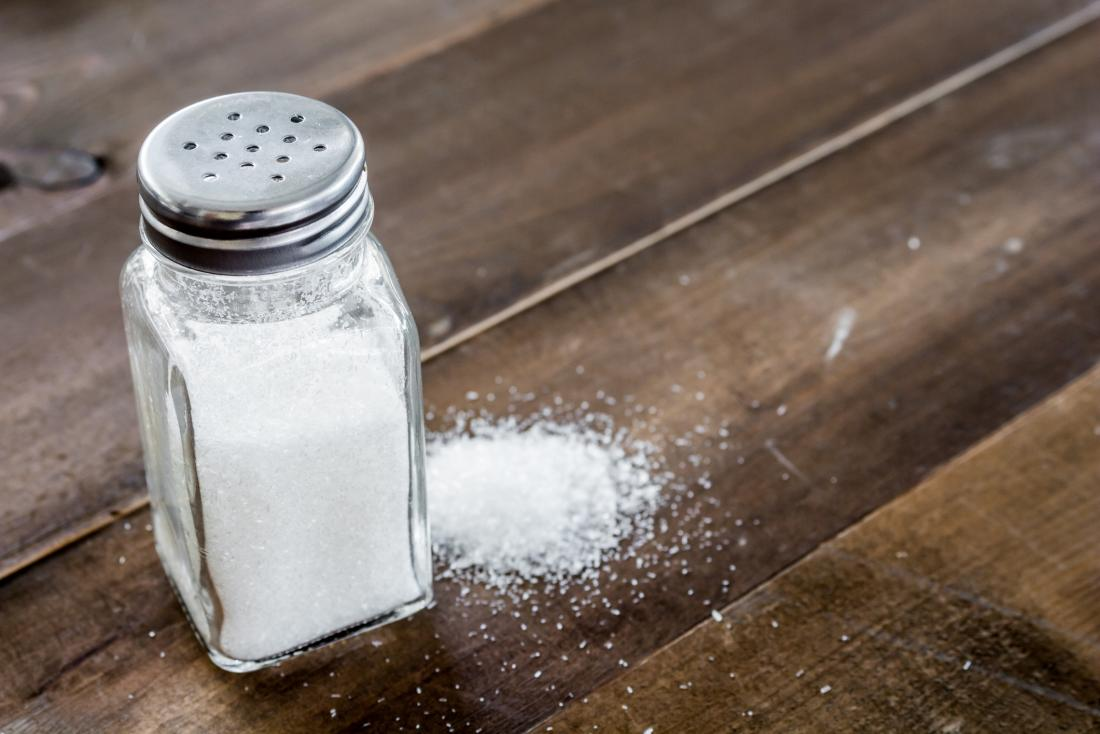
Solid
Sugar
Sucrose
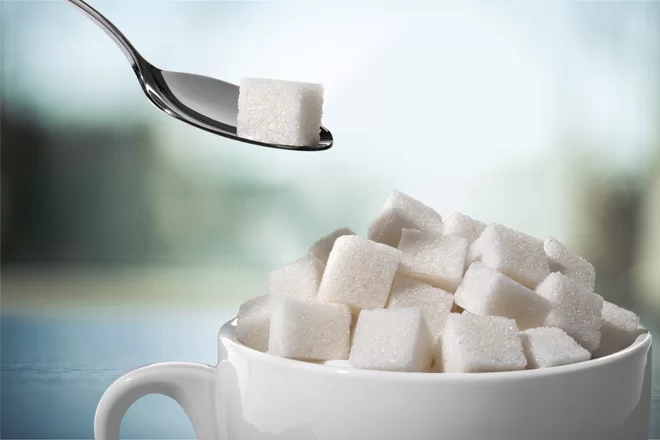
Solid
Vinegar
Acetic Acid
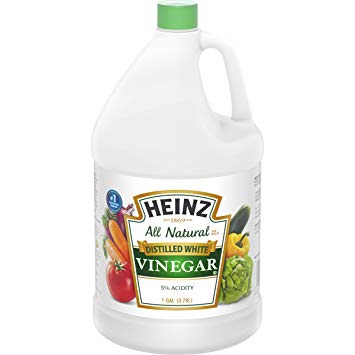
Liquid
Lemonde Bubbles
Carbon Dioxide

Gas
Onion gas
Sulfenic Acid
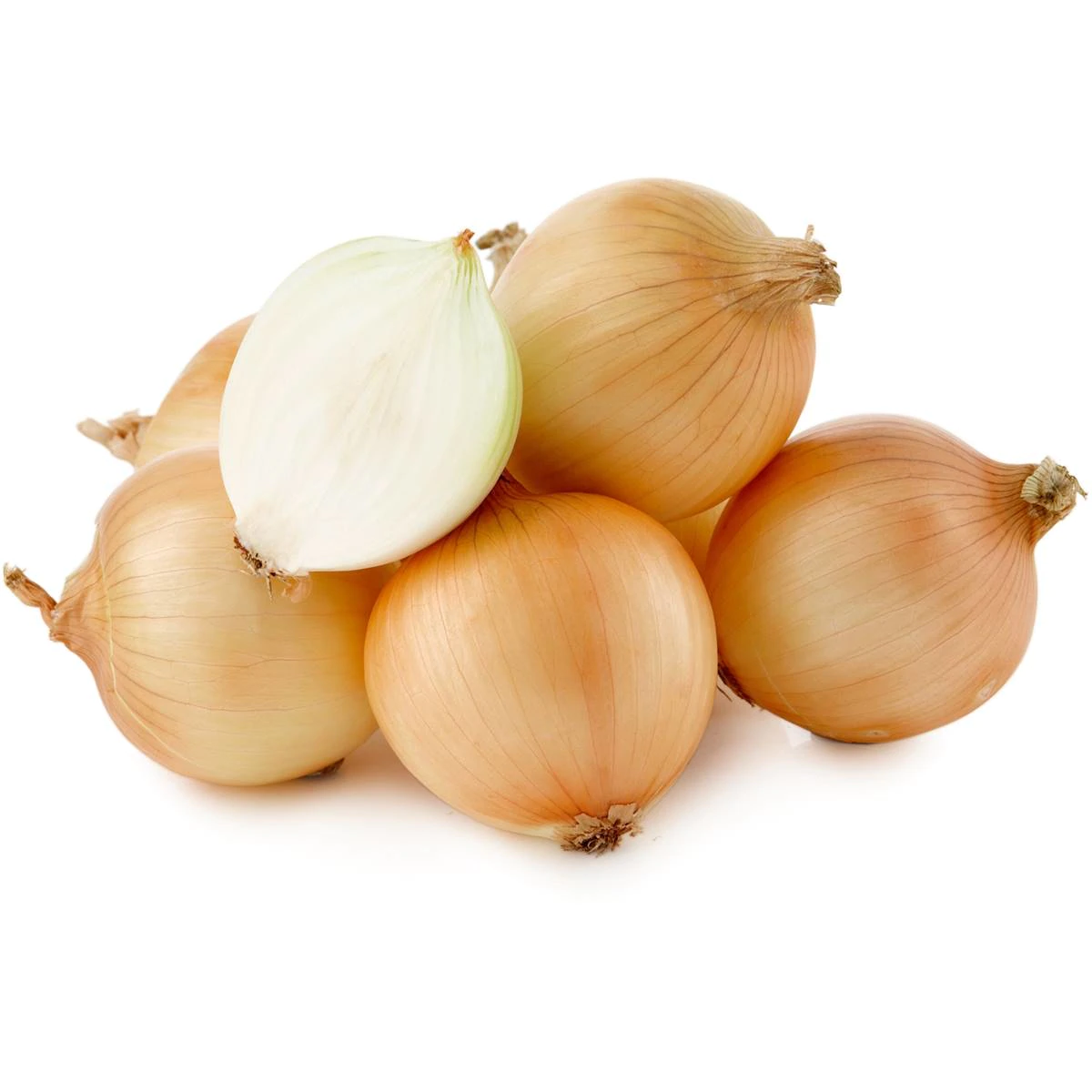
Gas
Baking Soda
Sodium Hydrogen Carbonate
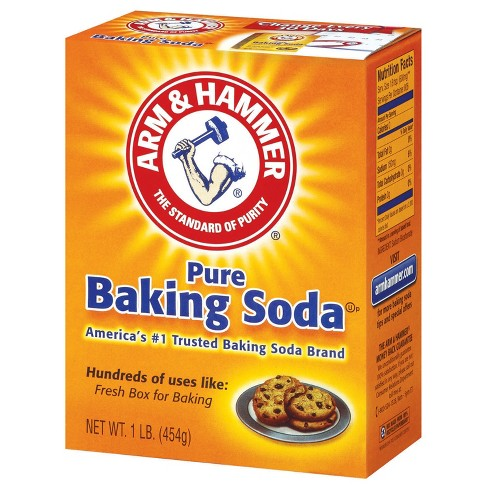
Solid
Milk
Hydrated Sodium Ammonium Hydrogen Phosphate

Liquid
Cornflour
Starch
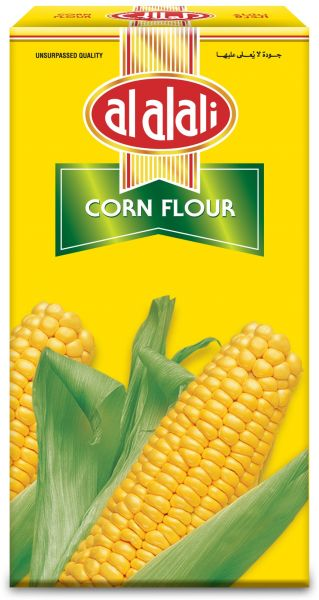
Solid
Banana
Isoamyl Acetate
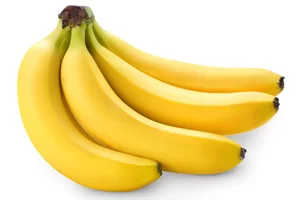
Solid
Conclusion
Common Name: Lemon Juice ~ Chemical Name: Citric Acid ~ Liquid/Solid/Gas? = Liquid
Common Name: Salt ~ Chemical Name: Sodium Chloride ~ Liquid/Solid/Gas? = Solid
Common Name: Sugar ~ Chemical Name: Sucrose ~ Liquid/Solid/Gas? = Solid
Common Name: Acetic Acid ~ Chemical Name: Liquid ~ Liquid/Solid/Gas? = Liquid
Common Name: Lemonade Bubbles ~ Chemical Name: Carbon Dioxide ~ Liquid/Solid/Gas? = Gas
Common Name: Onion Gas ~ Chemical Name: Sulfenic Acid ~ Liquid/Solid/Gas? = Gas
Common Name: Baking Soda ~ Chemical Name: Sodium Hydrogen Carbonate ~ Liquid/Solid/Gas? = Solid
Common Name: Milk ~ Chemical Name: Lactose ~ Liquid/Solid/Gas? = Liquid
Common Name: Cornflour ~ Chemical Name: Starch ~ Liquid/Solid/Gas? = Solid
Common Name: Banana ~ Chemical Name: Isoamyl Acetate ~ Liquid/Solid/Gas? = Solid
Name
|
Chemical
|
Image
|
Solid/Liquid/Gas
|
Lemon Juice
|
Citric Acid
|
Liquid
| |
Salt
|
Sodium Chloride
|
Solid
| |
Sugar
| Sucrose |
Solid
| |
Vinegar
|
Acetic Acid
|
Liquid
| |
Lemonde Bubbles
|
Carbon Dioxide
|
Gas
| |
Onion gas
|
Sulfenic Acid
|
Gas
| |
Baking Soda
|
Sodium Hydrogen Carbonate
|
Solid
| |
Milk
|
Hydrated Sodium Ammonium Hydrogen Phosphate
|
Liquid
| |
Cornflour
| Starch |
Solid
| |
Banana
| Isoamyl Acetate |
Solid
|
Common Name: Sugar ~ Chemical Name: Sucrose ~ Liquid/Solid/Gas? = Solid
Common Name: Acetic Acid ~ Chemical Name: Liquid ~ Liquid/Solid/Gas? = Liquid
Common Name: Lemonade Bubbles ~ Chemical Name: Carbon Dioxide ~ Liquid/Solid/Gas? = Gas
Common Name: Onion Gas ~ Chemical Name: Sulfenic Acid ~ Liquid/Solid/Gas? = Gas
Common Name: Baking Soda ~ Chemical Name: Sodium Hydrogen Carbonate ~ Liquid/Solid/Gas? = Solid
Common Name: Milk ~ Chemical Name: Lactose ~ Liquid/Solid/Gas? = Liquid
Common Name: Cornflour ~ Chemical Name: Starch ~ Liquid/Solid/Gas? = Solid
Common Name: Banana ~ Chemical Name: Isoamyl Acetate ~ Liquid/Solid/Gas? = Solid
Home Chemistry - Science
Home Chemistry - Science ¬ Mr Palmer ¬ Introduction
Home Chemistry
Tuesday 2nd April 2019
Aim: To learn the names of 10 household chemicals and identify if they are a solid, liquid or a gas.
Definitions:
- Element; A single form of a chemical
- Compound: A mixture made up of 2 or more elements
- Reaction: A process in which chemicals mix together to form a new substance.
- Mixture: When two or more elements are mixed together.
Equipment:
- Lemon Juice
- Salt
- Sugar
- Vinegar
- Lemonade Bubbles
- Onion Gas
- Baking Soda
- Milk
- Cornflour
- Banana
Steps:
1. Search up the objects name.
2. Put it into a table.
3. Fill out the gaps.
4. Write the conclusion
- Lemon Juice
- Salt
- Sugar
- Vinegar
- Lemonade Bubbles
- Onion Gas
- Baking Soda
- Milk
- Cornflour
- Banana
1. Search up the objects name.
2. Put it into a table.
3. Fill out the gaps.
4. Write the conclusion
Skittles
Skittles
Aim: To separate colours from skittles by using the chromatography.
Materials;Aim: To separate colours from skittles by using the chromatography.
2. Skittles
3. Water
Process:
Step 1: Place the skittles in the Petri Dish
Step 2: Pour the water into the dish.
Step 3: Watch the water change color!
Conclusion:
Today in science we tried the 'Skittle Experiment' where we put skittles into a clear container and the color of the skittles dissolve in the water. It didn't take much time for the colors to dissolve into the water.
The color from the skittles disolves into the water and spreads through the water.
The 'S' in the skittle floated to the top of the water. I also learnt that Skittles taste weird when soaked in water.



Monday, April 8, 2019
Art
We are doing a hurumanu that is art it's about two bully's the bully's are me and sapphire and three kind people are kahciar makenzie and jessica they are on a playground and the bully's come over and then they push off makenzie and then the two people stick up for there friends.
the feedback was we liked how you labeled the people so we can see whos, who
Feedback: we liked the way you drew the props so we can see what they are.
the feedback was we liked how you labeled the people so we can see whos, who
Feedback: we liked the way you drew the props so we can see what they are.
Subscribe to:
Comments (Atom)
